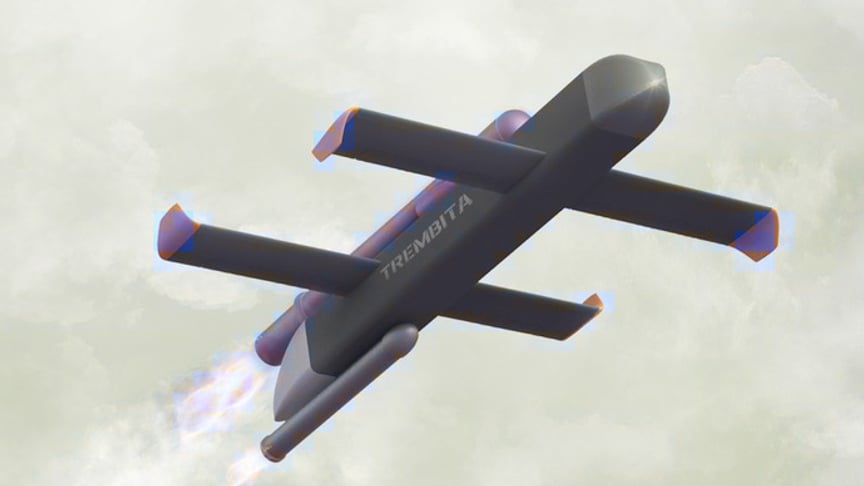The developers of the "Trembita" rocket aim for it to reach Moscow, according to the Economist.

This is discussed in a piece by the Economist, citing UNN.
It is noted that the "Trembita" in its basic configuration can reach speeds of up to 400 km/h and has a flight range of 200 km. However, a more powerful model is being developed in Ukraine to reach Moscow.
Last year, developers claimed that the "Trembita" has a striking range of 140 kilometers.
The rocket engine is a "modern remake" of a jet pulse engine costing $200, which was first used in the German V-1 bomb in 1944. The engine tube is a rough prototype. Beneath it hangs a more stylish gray rectangular body that conceals the guidance system and warhead of the rocket.
The development of the "Trembita" has been ongoing for a year and a half. Series production is planned for after the final field tests.
According to the publication, it takes at least a year to produce missiles in numbers, ranges, and capabilities that could pose a serious threat to Russia.
Currently, the government supports the production of any missile that has demonstrated its ability to fly. Private manufacturers are offered a profit margin of 25%, similar to drone manufacturers. However, scaling industrial production poses a complex challenge—attracting capital, procuring sensitive equipment from abroad, and ensuring security.
Previously, developers noted that the "Trembita" would be hundreds of times cheaper than Western counterparts. According to engineers, the missile can be used as bait for Russian air defense forces, and due to its low price, its sale "will be economically unfeasible."
The rocket is being developed by engineers from the volunteer design bureau PARS in collaboration with volunteers from the public organization "Resistance."